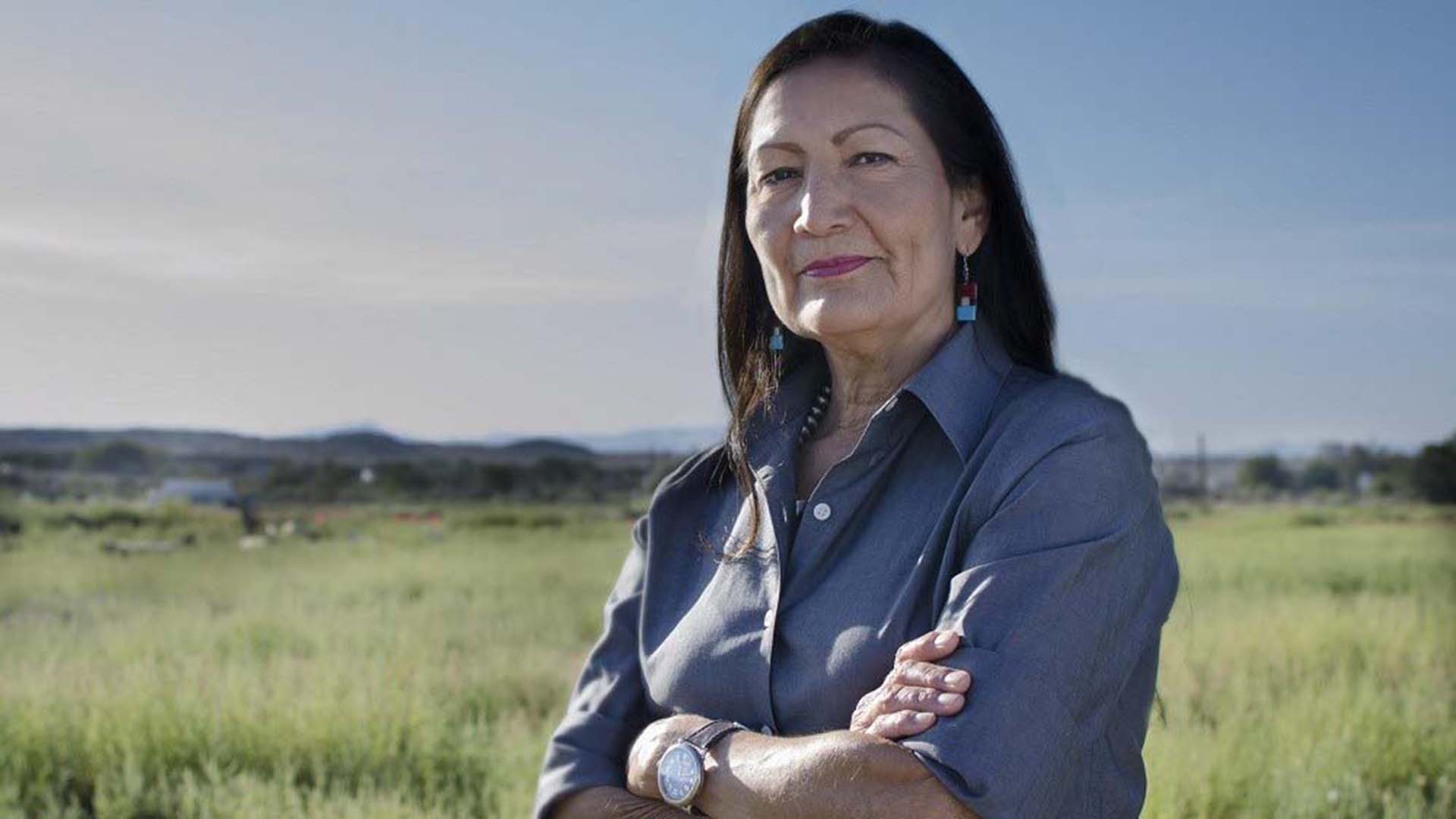 Secretary of the U.S. Department Interior Deb Haaland. She represented New Mexico in the U.S. House of Representatives from 2019-2021.
Secretary of the U.S. Department Interior Deb Haaland. She represented New Mexico in the U.S. House of Representatives from 2019-2021.
Secretary of the Interior Deb Haaland announced Tuesday the federal government will investigate the painful history of Indigenous boarding schools that began in the 1800s.
While attending a National Congress of American Indians conference, she said the new Federal Indian Boarding School Initiative will try to identify where these schools were and their possible burial sites.
"At no time in history have the records or documentation of this policy been compiled or analyzed to determine the full scope of its reaches and affects,” Haaland said. “We must uncover the truth about the loss of human life and the lasting consequences of these schools.”
Haaland said the investigation will also try to identify the names and tribal affiliations of the children who were taken from their families.
Boarding schools have been in the news recently as the Tk'emlúps te Secwépemc First Nation of Canada announced it found the mass grave of 215 Native children at a Canadian boarding school.
"I thought of my grandmother, who told me about the pain and loneliness she endured when the trains took her away from her family to boarding school,” said Haaland while reflecting on her thoughts after hearing the news.
The Department of the Interior, which Haaland said once responsible for the schools, wrote in a press release that the discovery spurred it to face the United States' traumatic boarding school legacy that started in the 1800s.
"Only by acknowledging the past can we work toward a future that we're all proud to embrace,” Haaland said.
These schools were supported by laws, like the 1819 Indian Civilization Act, that sanctioned the kidnapping of Native children from their families to eradicate Indigenous ways of life.
"The federal policies that attempted to wipe out Native identity, language and culture continue to manifest in the pain our communities face, including longstanding inter-generational trauma, cycles of violence and abuse, disappearance of Indigenous people, premature death, mental disorders, and substance abuse," she said.
Principal Deputy Assistant Secretary for Indian Affairs Bryan Newland said they’ll look to tribes for guidance on how to use the information, protect burial sites, and respect the communities involved.

By submitting your comments, you hereby give AZPM the right to post your comments and potentially use them in any other form of media operated by this institution.